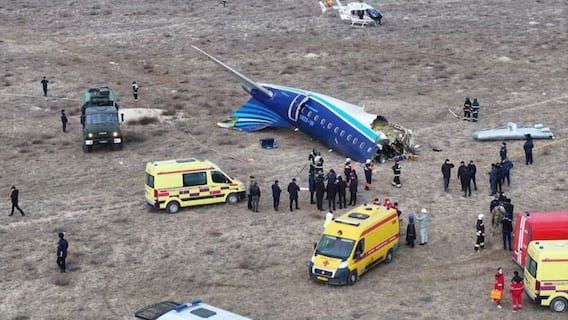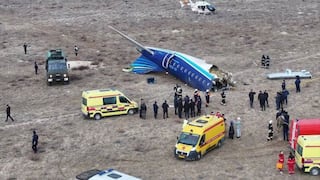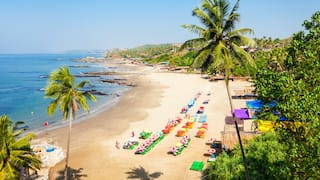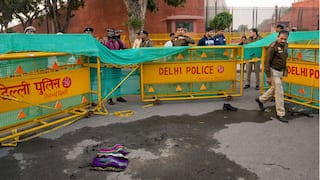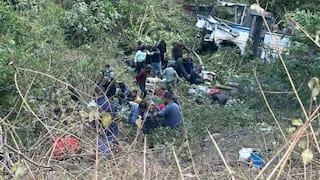Sitiveni Rabuka Becomes Fiji's New Prime Minister
Rabuka became Fiji’s PM after a coalition of parties voted to elect him, signalling an end to Frank Bainimarama’s 16 years in power.

New Delhi: Sitiveni Rabuka became Fiji’s Prime Minister on Saturday after a coalition of parties voted to elect him, signalling an end to Frank Bainimarama’s 16 years in power. Rabuka’s appointment on Saturday ended 10 days of uncertainty after an election delivered a hung parliament.
Fiji’s Social Democratic Liberal party (Sodelpa) held the balance of power and on Friday voted to form a coalition with Rabuka’s People’s Alliance and the National Federation party. The deal was designed to remove Fiji First’s Frank Bainimarama, who has led the Pacific archipelago since a 2006 coup. The secret parliamentary vote for Prime Minister on Saturday was closer than expected. 28 members of parliament voted for Rabuka while 27 voted in support of Bainimarama.
Rabuka’s coalition holds 29 seats, indicating that one member had broken ranks to vote in favour of the former Prime Minister.
After being elected as Fiji’s new Prime Minister, Rabuka, 74, said that he felt “humbled” to be Prime Minister as he made his way out of parliament to be sworn in by the country’s President. The military had been deployed on the streets of Suva as Rabuka and Bainimarama raced to cobble together a coalition government following a deadlocked general election.
Citing unsubstantiated reports of ethnic violence, Bainimarama said the military was needed to maintain “law and order”. But former military commander Rabuka, who served as Prime Minister between 1992 and 1999, said the government was “sowing fear and chaos” and “trying to set the nation alight along racial lines”.
Many Fijians feared the government’s claims of ethnic violence and subsequent military deployment were a pretext for a “creeping coup”. Four coups have upended Fiji in the past 35 years.
Sodelpa’s leader, at a press conference earlier this month, said he wanted Fiji’s foreign relations to be closely aligned with Australia, New Zealand, and some members of the Pacific Islands Forum.
(With agencies’ Inputs)
Trending News
Top Headlines





